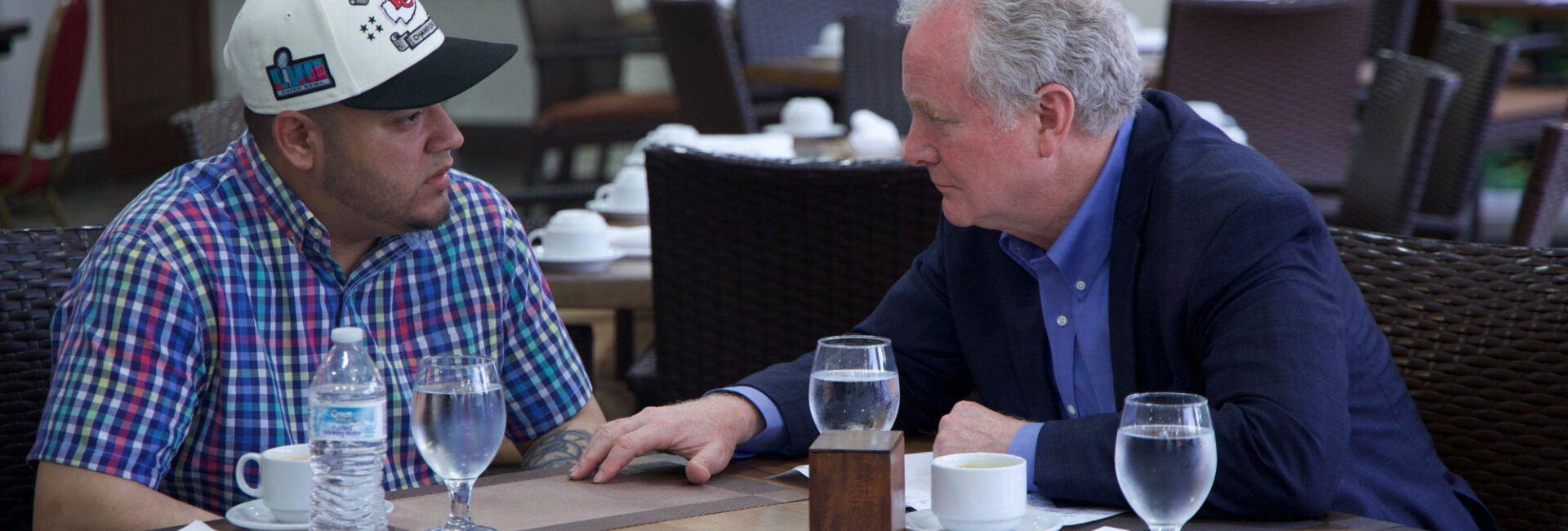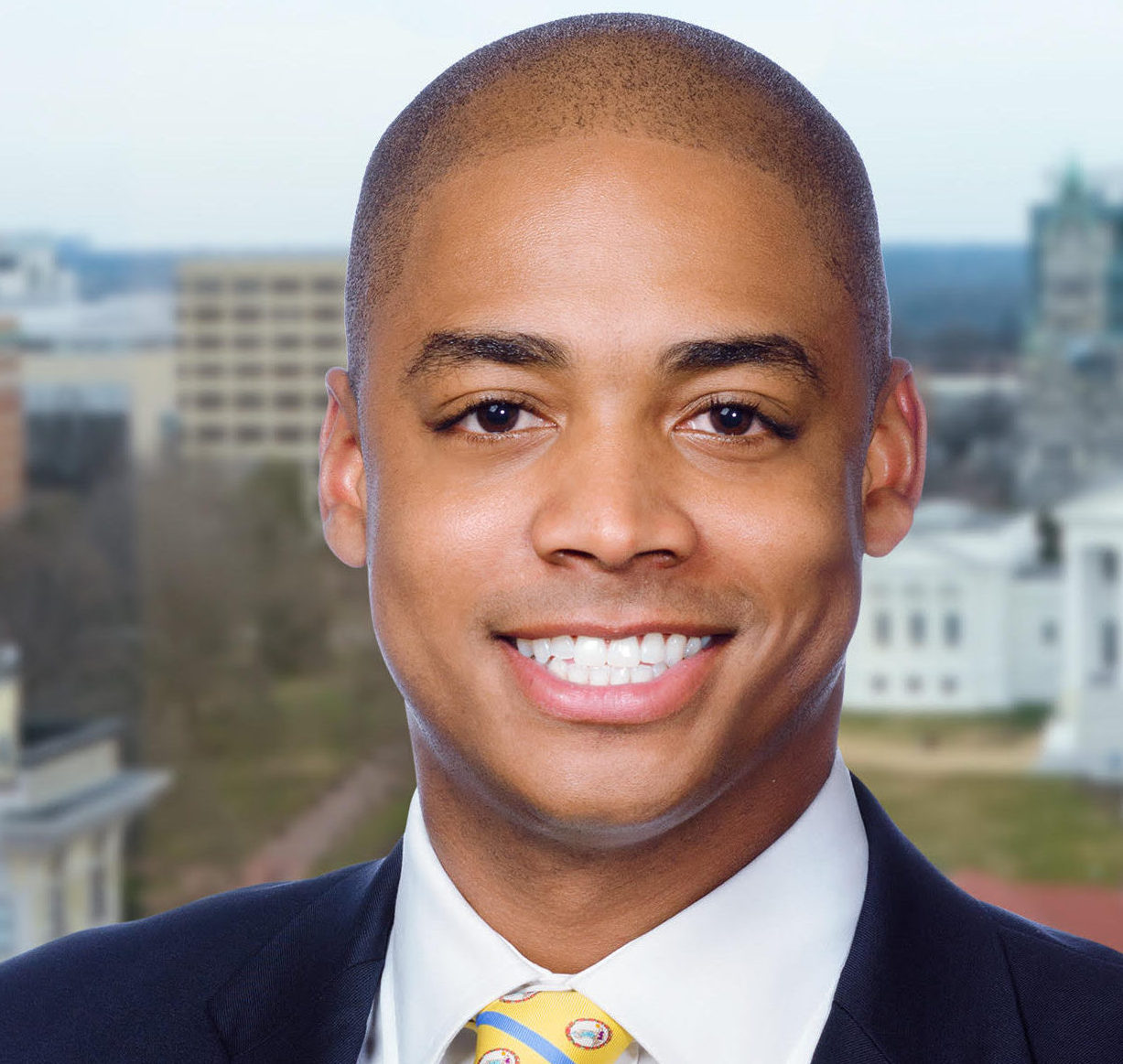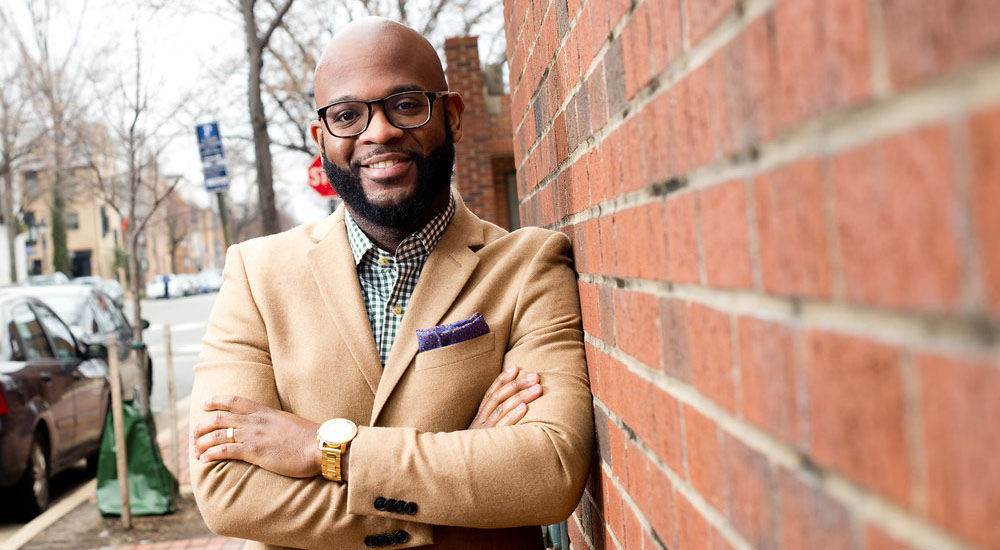The past week, the news has been all ablaze with the news of Kilmar Abrego Garcia. For those really isolated from the news cycle, Mr. Garcia is a Salvadoran man who entered the U.S. illegally, but through a variety of devices was never deported. He is married to a U.S. citizen, with whom he has one child. In 2019, a U.S. immigration judge issued an order preventing Mr. Garcia from being deported to El Salvador. The Trump 47 administration detained Mr Garcia on March 12 of this year, and deported him to El Salvador sometime before March 31 — when the administration admitted he had been mistakenly deported, despite the court order.
I do not believe any of the facts above are in serious dispute. However a huge legal and political crisis has formed around this deportation, with Democrats focusing on the violation of the court order, and Republicans focusing on his alleged ties to MS-13 and some shady activities over the years.
I want to shift the focus to another question that I think is getting lost in the discussion. And that is our conception of citizenship.
So much of the discussion seems to miss the fact that Mr. Garcia is not a citizen of the United States. He is a citizen of El Salvador. And if we are to take citizenship seriously, that must mean something.
So while the “process foul” on the court order must be absolutely conceded — the remedy for bad court orders is appeals, not ignoring them — at the same time, Mr. Garcia is now in the custody of his government of primary jurisdiction. He is not one of our citizens. He is, at best, a resident, and a very irregular one at that. And in a legal sense, he is home.
So we have heard Senator Van Hollen of Maryland — the most vocal voice on this issue — claim that Mr. Garcia is in a “foreign prison.” Well, it is foreign to the Senator, but not foreign to Mr. Garcia. He is a prisoner in the country of which he is a citizen. This is an important baseline fact to keep front of mind.
Similarly, Congressman Robert Garcia is part of the most recent delegation to visit El Salvador, where he claims that Mr. Garcia is “being illegally imprisoned in violation of a unanimous Supreme Court ruling.” But again, Mr. Garcia is a citizen of El Salvador. There is nothing illegal about his imprisonment, so long as Salvadoran processes deem it legal. While the Supreme Court can comment on his extradition, it has no jurisdiction over what El Salvador decides to do with one of its citizens.
Finally, several outlets have described Mr. Garcia as a “constituent” of Senator Van Hollen. No, he is not a constituent. A “constituent,” according to Merriam-Webster, is a member of a constituency, which is “a body of citizens entitled to elect a representative.” Mr. Garcia is therefore in no way a constituent of Senator Van Hollen — unless he is voting illegally, which would be a totally different problem.
So this is a Maryland problem and a Trump administration problem, not a Virginia problem. But Virginians should take the nature of citizenship seriously. This is a binary status—you are either a citizen or you are not. We can talk about the rights of non-citizens, of course. But this must always be tempered by the realization that the home country of a non-citizen exercises primary jurisdiction over them.
None of this is to diminish the importance of legal immigration or the contribution that new citizens can make to the nation. But citizenship is what binds the members of a state together. We ignore the importance — and the binary nature — of citizenship at our peril.
The opinions expressed in this article are those of the author and do not necessarily reflect the positions of The Republican Standard.
READ NEXT: Trump Administration Weighs $5,000 ‘Baby Bonus’ To Address Declining Birth Rate






